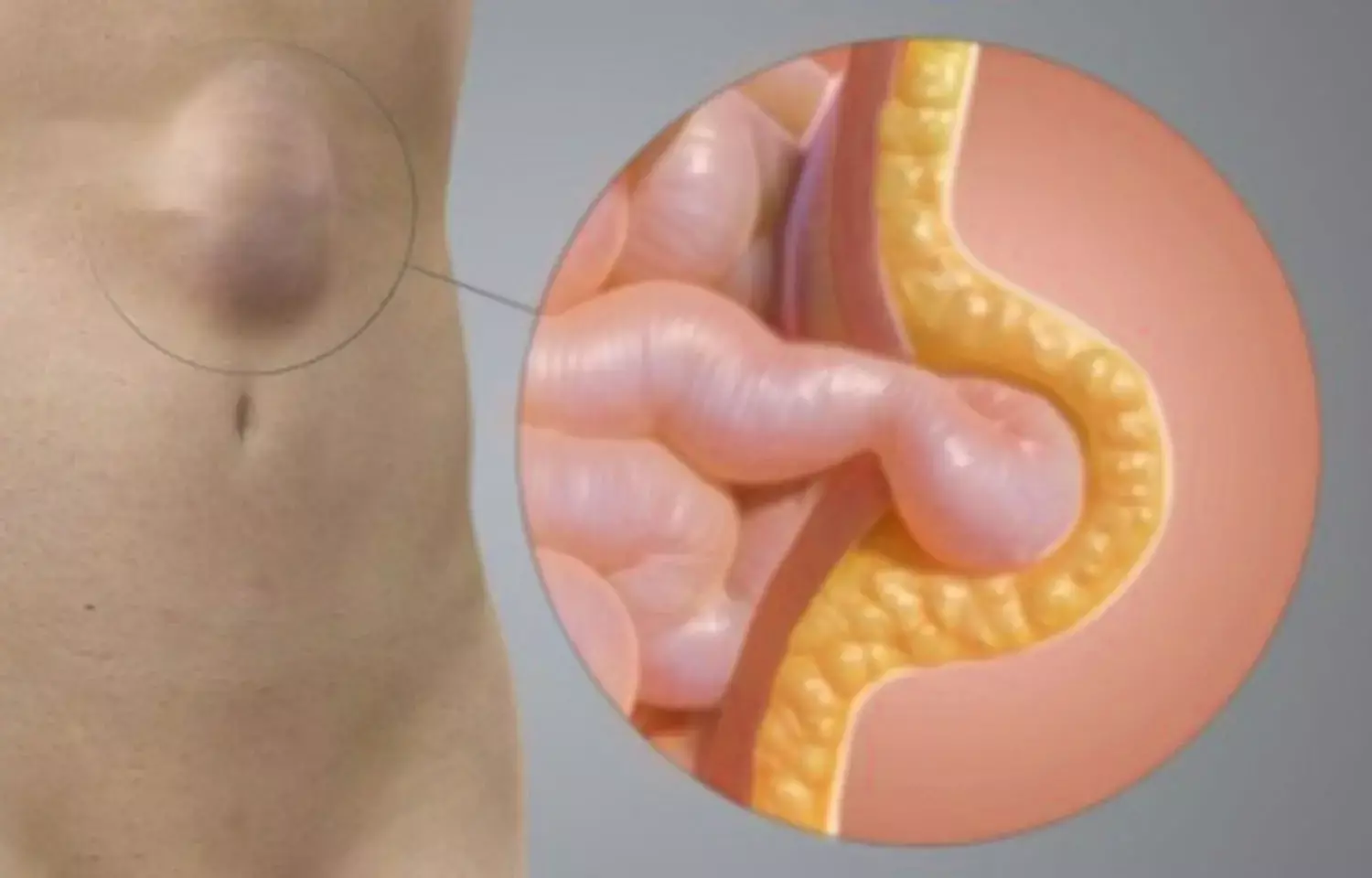- Home
- Medical news & Guidelines
- Anesthesiology
- Cardiology and CTVS
- Critical Care
- Dentistry
- Dermatology
- Diabetes and Endocrinology
- ENT
- Gastroenterology
- Medicine
- Nephrology
- Neurology
- Obstretics-Gynaecology
- Oncology
- Ophthalmology
- Orthopaedics
- Pediatrics-Neonatology
- Psychiatry
- Pulmonology
- Radiology
- Surgery
- Urology
- Laboratory Medicine
- Diet
- Nursing
- Paramedical
- Physiotherapy
- Health news
- Fact Check
- Bone Health Fact Check
- Brain Health Fact Check
- Cancer Related Fact Check
- Child Care Fact Check
- Dental and oral health fact check
- Diabetes and metabolic health fact check
- Diet and Nutrition Fact Check
- Eye and ENT Care Fact Check
- Fitness fact check
- Gut health fact check
- Heart health fact check
- Kidney health fact check
- Medical education fact check
- Men's health fact check
- Respiratory fact check
- Skin and hair care fact check
- Vaccine and Immunization fact check
- Women's health fact check
- AYUSH
- State News
- Andaman and Nicobar Islands
- Andhra Pradesh
- Arunachal Pradesh
- Assam
- Bihar
- Chandigarh
- Chattisgarh
- Dadra and Nagar Haveli
- Daman and Diu
- Delhi
- Goa
- Gujarat
- Haryana
- Himachal Pradesh
- Jammu & Kashmir
- Jharkhand
- Karnataka
- Kerala
- Ladakh
- Lakshadweep
- Madhya Pradesh
- Maharashtra
- Manipur
- Meghalaya
- Mizoram
- Nagaland
- Odisha
- Puducherry
- Punjab
- Rajasthan
- Sikkim
- Tamil Nadu
- Telangana
- Tripura
- Uttar Pradesh
- Uttrakhand
- West Bengal
- Medical Education
- Industry
Incidence of incisional hernia high after colorectal surgery independent of suture technique

A new study published in the British Journal of Surgery found incisional hernia is common following colorectal cancer surgery. At 1 or 2 years, there was no statistically significant difference in the incidence of Hughes closure vs mass closure.
Incisional hernias cause morbidity and may necessitate further surgery. HART (Hughes Abdominal Repair Trial) tested the impact of a different suture procedure on the occurrence of incisional hernia after colorectal cancer surgery. As a result, the purpose of this study was to compare the use of the Hughes closure vs traditional mass closure for closure of midline abdominal wall incisions in patients following colon cancer surgery.
Patients undergoing midline incision for colorectal cancer were randomly assigned to either the Hughes closure (two far-near-near-far sutures of 1 nylon suture at 2-cm intervals along the fascia combined with conventional mass closure) or the surgeon's standard closure in a pragmatic multicenter single-blind RCT. The primary outcome was the clinical examination-based incidence of incisional hernia at 1 year. Intention-to-treat analysis was carried out.
The key findings of this study were:
1. Between August 2014 and February 2018, 802 patients were randomly assigned to one of two groups: Hughes closure (401) or conventional mass closure (401).
2. The primary outcome study comprised 672 patients (83.7%) one year after surgery; 50 of 339 patients (14.8%) in the Hughes group and 57 of 333 (17.1%) in the conventional closure group had incisional hernia.
3. At 2 years, 78 patients in the Hughes repair group (28.7%) and 84 (31.8%) in the conventional closure group had incisional hernia.
4. Except for the risk of surgical-site infection, which was greater in the Hughes group, all other adverse events were comparable in the two groups.
In conclusion, prophylactic mesh augmentation is anticipated to be the next focus of incisional hernia prevention research. The HULC study is presently recruiting participants to investigate the role of small-bite closure in conjunction with mesh insertion in elective midline laparotomies. Future studies should look at the function of prehabilitation in the prevention of incisional hernias.
Reference:
HART Collaborative, Incisional hernia following colorectal cancer surgery according to suture technique: Hughes Abdominal Repair Randomized Trial (HART), British Journal of Surgery, Volume 109, Issue 10, October 2022, Pages 943–950, https://doi.org/10.1093/bjs/znac198
Neuroscience Masters graduate
Jacinthlyn Sylvia, a Neuroscience Master's graduate from Chennai has worked extensively in deciphering the neurobiology of cognition and motor control in aging. She also has spread-out exposure to Neurosurgery from her Bachelor’s. She is currently involved in active Neuro-Oncology research. She is an upcoming neuroscientist with a fiery passion for writing. Her news cover at Medical Dialogues feature recent discoveries and updates from the healthcare and biomedical research fields. She can be reached at editorial@medicaldialogues.in
Dr Kamal Kant Kohli-MBBS, DTCD- a chest specialist with more than 30 years of practice and a flair for writing clinical articles, Dr Kamal Kant Kohli joined Medical Dialogues as a Chief Editor of Medical News. Besides writing articles, as an editor, he proofreads and verifies all the medical content published on Medical Dialogues including those coming from journals, studies,medical conferences,guidelines etc. Email: drkohli@medicaldialogues.in. Contact no. 011-43720751


